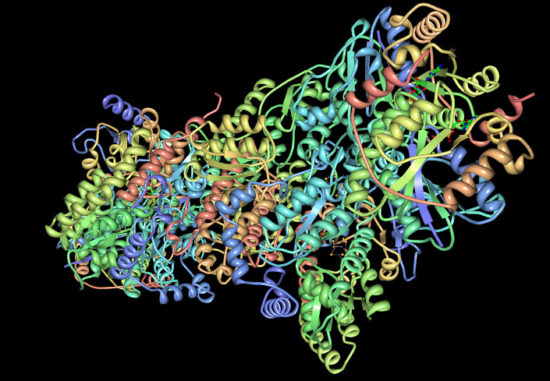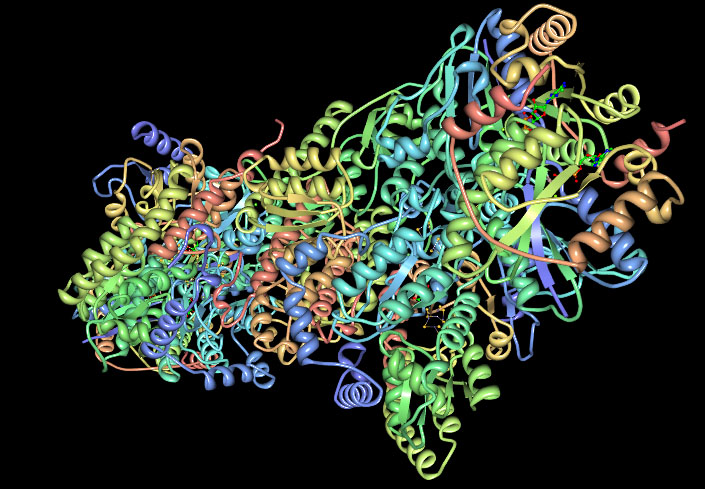Dr. Tobin: Or how I stopped worrying and learned to love the (Nitrogen) bond.
WHAT: Lecture
WHEN: Saturday October 8th: 5:00pm-6:30pm
WHERE: CRASH Space (Directions & Parking)
WHO: Open to the public
HOW MUCH: FREE!

Ever wonder how the world’s population increased six-fold over the past century while the number of people starving dropped? This is in large part due to the Haber-Bosch process, the most important invention you’ve probably never heard of. The Haber-Bosch process allows for human beings to create nitrate fertilizers using nitrogen from the atmosphere and hydrogen gas. It’s a pretty cool trick, but it still requires the use of a lot of energy as well as fossil fuels.
What if we use biotechnology to do same trick but in a more environmentally friendly way? Come on by CRASH Space on Saturday October 8th at 5pm and hear about one such project from Dr. Cory Tobin.


Hi, This event is October 2017? Just want to make sure it is not 2016 relic since year is not listed.
This happened in October of 2016.
Damn it. Couple years late and dollars short.
Well on a cool related note, there are 2 things to anyone from the University of WA where anyone can donate either computing power (Rosetta@home) or play an actual game winning points in discovering new proteins which may actually used to advance science (Foldit). Links below.
________________________________
I wrote an “newbie” non-scientific overview of the whole initiative here:
https://michelsonmedical.org/initiatives/uw-institute-protein-design/
________________________________
To Play the Game:
https://fold.it/portal/
________________________________
To Donate Servers/Computing Power:
https://boinc.bakerlab.org/
________________________________
Foldit:
“What other good stuff am I contributing to by playing?
Proteins are found in all living things, including plants. Certain types of plants are grown and converted to biofuel, but the conversion process is not as fast and efficient as it could be. A critical step in turning plants into fuel is breaking down the plant material, which is currently done by microbial enzymes (proteins) called “cellulases”. Perhaps we can find new proteins to do it better.
Can humans really help computers fold proteins?
We’re collecting data to find out if humans’ pattern-recognition and puzzle-solving abilities make them more efficient than existing computer programs at pattern-folding tasks. If this turns out to be true, we can then teach human strategies to computers and fold proteins faster than ever!”
See https://fold.it/portal/ for more